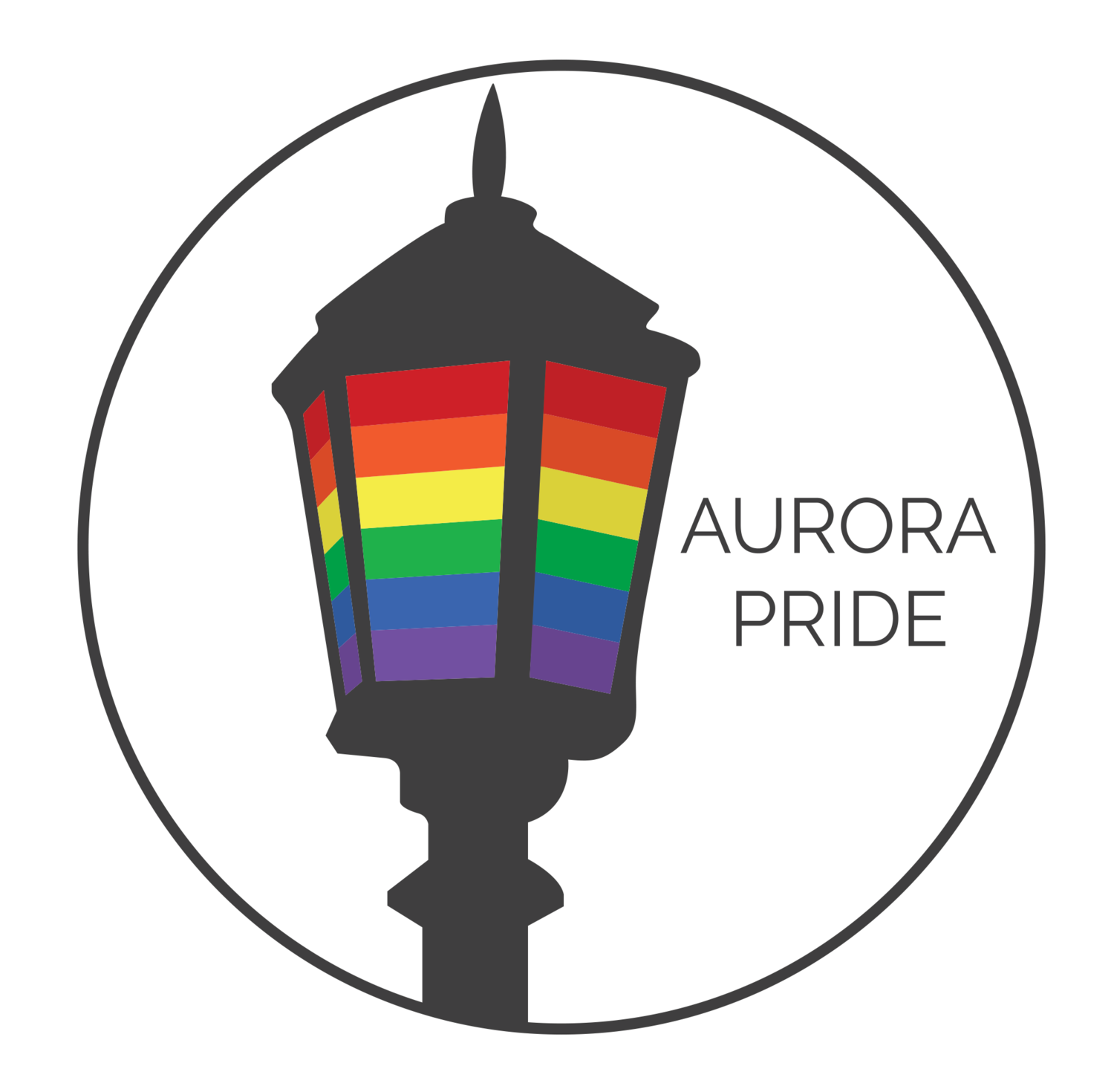Howard West came to Aurora City Hall a few days ago to say he was disappointed.
It's a forum the lifelong Auroran has rarely if ever used, but he came this time to share his disappointment — not in the fact that an organization had applied for an LGBT pride parade in the city, or that members of the Government Operations Committee eventually approved the permit.
The father of a transgender child was just upset that it was such a big deal.
"I grew up in Aurora, and I've seen it come to prominence as the second-largest city in the state," West said. "I would think a city of that caliber shouldn't require controversy over this."
He suggested that if other organizations came to ask about a parade, "you'd all be falling over yourselves" to make it happen.
"I don't understand why it's taken this much effort," he said.
His wife, Margaret, agreed, saying it was time the city recognized this part of its community.
"It was hard to raise a child who was transgender," she said. "But it's much harder to be a transgender child."
The Wests were likely two of a number of people who made their way to City Hall for the first time, or who had maybe not been there for a while, to have their voices heard about the Pride Parade , which will be held in June.
Penelope Garcia identified herself as a "transgender American," and said she had faith that Aurora would hold a parade of celebration, in keeping with the values of the city.
"My hope is we are a community accepting of everyone," she said.
Joanna Kenyon said she is the parent of a transgender child, a son, who came out two years ago. She said Aurora needs to be "willing to take a stand against the hatred and bigotry" she has seen her son endure.
"We need to show that we are accepting of them, that they're valued and supported," she said.
Chuck Adams, executive director of Indivisible Aurora, the organization that applied for the parade permit, said that value and support is an important thing to show, for a tangible reason. He quoted the Centers for Disease Control saying that some 40 percent of people identifying themselves as being in the LGBT community have seriously considered suicide. Some 25 percent have actually attempted it, he added.
It is about potentially saving lives. It's so that every member of the LGBT community knows they are a member of this community.— Chuck Adams, executive director of Indivisible Aurora
For that reason, he said the parade "is bigger than" the concern about the date for it and who will pay for it.
"It is about potentially saving lives," he said. "It's so that every member of the LGBT community knows they are a member of this community."
Nonetheless, Adams did address some of the nuts and bolts concerns people had. He said Indivisible Aurora has already raised about half of the estimated $5,000 to $6,000 it would take to stage the parade. He said fundraising stopped when the permit was delayed, but that with the permit in hand, "I have no concerns about the money at all."
He also said that Indivisible Aurora did not provide details about the content of the different floats and units because they have not gone out and solicited the floats, bands and other content for the parade. He repeated what he and Gwyn Ciesla, who brought the permit application to City Hall, have said — that the floats would be "g-rated" and family friendly.
"Many of us also have kids here," he said.
The lack of detail about the content of the parade is what upset some people who questioned whether or not the city should allow the permit.
In its vote, the Government Operations Committee approved the permit 2-0, with Ald. Scheketa Hart-Burns, 7th Ward, who is chairman of the committee, declining to vote on the matter.
She said she is not against a parade on its face, but that all people wanted "was an impact study." At one point, she said because this is a new event, the city needed more information than usual. At that point in the meeting, someone said, "It's a parade!"
"It is a parade," Hart-Burns said. "It's a new parade."
Gina Moga, Special Events director for the city, said it is usual for the city to get more information after a parade permit is approved. She pointed out that the city is unsure yet how many police to hire for the event, or what it would cost, because they usually don't start that process until after a permit is approved and the event is closer.
She also pointed out that it was the city that chose the June 17 date, which is Father's Day, not the parade organizers. They simply asked that the parade be in June, which is Pride Month, and that it not be June 24, because that is the date of the Chicago Pride Parade.
The city only does parades on Sundays because it is too disruptive downtown otherwise, and there already were downtown events on the first two Sundays in June.
None of that concerned Teresa Millies, who came to the meeting with her husband and two young kids. The 36-year-old said she grew up in Aurora, is a straight housewife, and is "all for this parade."
"Because my kids are (young) and I don't know what they are yet," she said.

